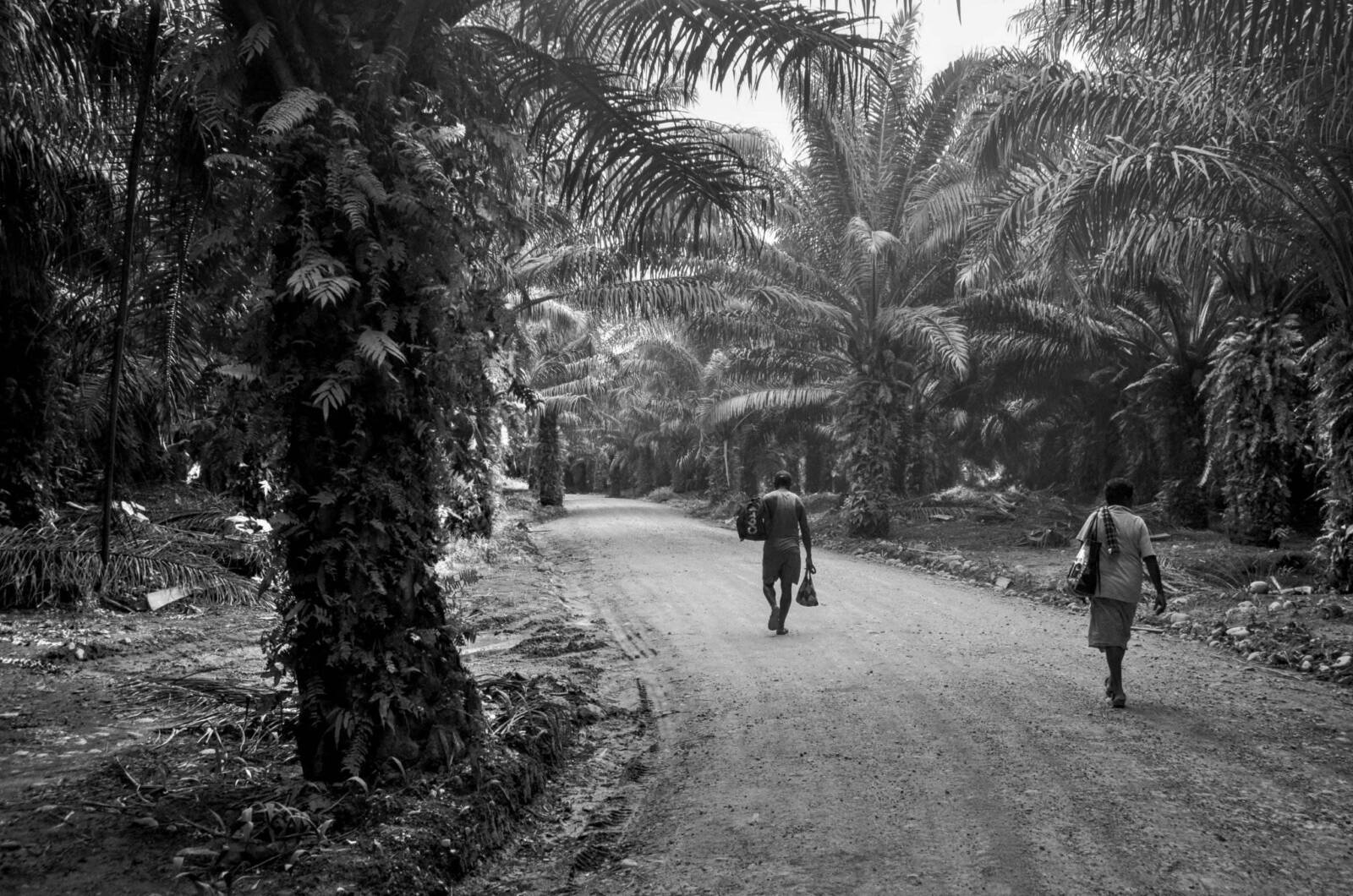Gravel, roads and corporations: Infrastructure development and multiple territorializations in Papua New Guinea
In this research project I will study the relationship between state-formation, natural resource extraction and the spatialization of different forms of governance by examining roads and road-building in Papua New Guinea (PNG). Roads are in many ways crucial for the state and governance, among other things, because state power is enacted through them and citizen evaluate the state according to the infrastructure and services it produces. I examine how PNG state officials, international consultants, extractive companies and rural people engage in state-formation through road development projects. I study how and in what different ways public and private road building creates state governance, how these actors influence the formation of governance through roads and what concrete effects roads have. In my research, I combine the study of infrastructures with the emergent research on the relationship between natural resource extraction and state formation.
Academy of Finland project 01.09.2023–31.08.2027 (SA 354215); P.I. Tuomas Tammisto
Properties of Units and Standards
Tuomas Tammisto is part of the ERC project Properties of Units and Standards led by P.I. Matti Eräsaari (University of Helsinki). As a part of the project, Tammisto examines local units of exchange and value in Pomio, Papua New Guinea, as well as questions of land measurement and road classification and standardization.
Project summary: The ERC-funded “Properties of Units and Standards” research project sets out to study valuation regimes with an emphasis on their material and conceptual linkages with the worlds they measure. The project studies the properties of different units, measures, and standards to analyse the ways in which the choice of base units affects the numeric representation of human values. It approaches this task through a primary focus on ethnographic data from Oceania, but employs a comparative research design that extends the analysis from small-scale, ethnographic data to global issues. It may be evident that numeric representation reduces the complexity of social worlds to a fallacious level, but how to analyse and conceptualise the operation and its consequences?
ERC project; P.I. Matti Eräsaari
Homepage

